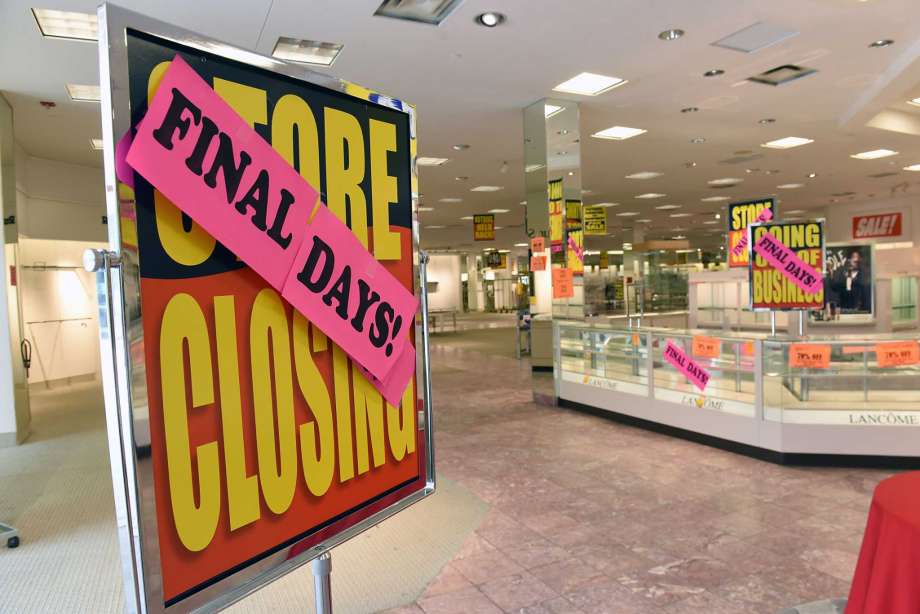The Credit Suisse US Store Closure Index shows 2019 is on track to be the biggest store closure year in the 24-year history of the index. Credit Suisse projects that retail store closures will accelerate in 2020.
Credit Suisse is lowering EPS estimates by –3% on average for 2019 and by –5.5% for 2020 for U.S. department stores.
Domestic closures are trending to all-time record highs, led by the Softlines, (aka apparel or textiles), according to Michael Binetti and other Credit Suisse analysts.
There have been 7,600 U.S. store closures announced in 2019 to date, representing the highest number of closures ever at this point in the year.
From the part-time sales associate at a local store on Main Street to an app-developer for a major retailer, the retail industry directly employs 29 million Americans, making it the largest private sector-employer in the economy. These jobs aren’t just behind a cash register. In fact, 45 percent of retail employees do not work in a sales position.
Anyone whose job results in a consumer product – from those who supply the raw materials to factory workers to the truck drivers who deliver goods to stores – counts on retail for their jobs.
With 3.6 million stores drawing on a vast array of suppliers, retail supports 42 million jobs and represents $2.6 trillion of annual GDP in the United States.
Retail is down about 80,000 jobs from the beginning of the year.




SOURCES- BLS, Credit Suisse
Written By Brian Wang, Nextbigfuture.com

Brian Wang is a Futurist Thought Leader and a popular Science blogger with 1 million readers per month. His blog Nextbigfuture.com is ranked #1 Science News Blog. It covers many disruptive technology and trends including Space, Robotics, Artificial Intelligence, Medicine, Anti-aging Biotechnology, and Nanotechnology.
Known for identifying cutting edge technologies, he is currently a Co-Founder of a startup and fundraiser for high potential early-stage companies. He is the Head of Research for Allocations for deep technology investments and an Angel Investor at Space Angels.
A frequent speaker at corporations, he has been a TEDx speaker, a Singularity University speaker and guest at numerous interviews for radio and podcasts. He is open to public speaking and advising engagements.


Not just as inefficient, but not far. Since onling shopping overtime becomes easier and cheaper and people end up buying more, there is no absolute loss in the number of employees.
Nope, you can’t. Check out the overall projected employment till 2028 for retail, tranportation and warehousing.
Obviously you can’t read a chart.
Yea, online retailers are just as labor inefficient as main st retailers.
Taking into account that there are many more people getting busy getting you more cheaper products than ever before that you order online from a warehouse to you, I doubt that overall there is a decrease in work hours in the retail and shipping business when taken together. It there is a significant shift is from female back to men jobs which is a blessing as manial jobs were evaporating faster than other types in the last few decades.